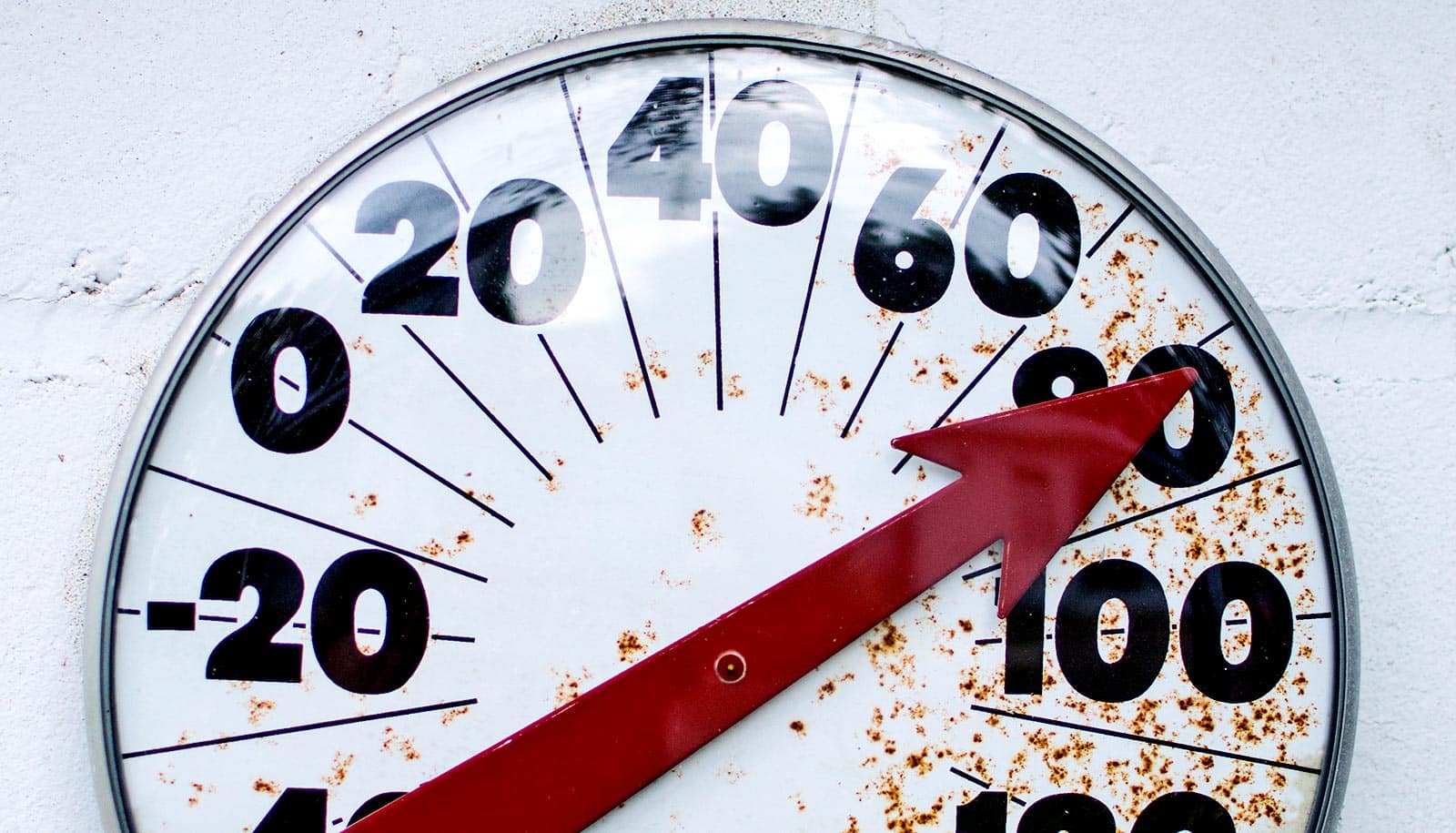Researchers have used computational methods and matching experiments to predict and explain how heating and cooling affect synthetic genes and gene networks that act like genetic thermometers in cells.
In the natural world, organisms, cells, and therefore genes respond and adjust to temperature changes on a regular basis. But when scientists study genes in the laboratory, the cells containing them are most often kept at a constant temperature, which doesn’t match the real world and minimizes understanding of cell/gene adjustments to temperatures during the natural living process.
The new findings, which appear in the Proceedings of the National Academy of Sciences, could potentially help scientists to better determine how temperature changes affect genes in various cell types, and thus reveal how infectious microbes or human cells respond to fever or heating-cooling.
The findings may also help scientists control genes when seeking answers to diseases caused by or associated with certain genes.
According to corresponding author Gábor Balázsi, an associate professor of biomedical engineering at Stony Brook University, the researchers found that heating and cooling alter gene function by affecting single molecules, chemical reactions, and cell physiology.
They documented four key effects of non-optimal temperatures at different biological scales:
- cells decide to keep growing or give up
- growing cells divide more slowly
- reaction rates increase with increased temperatures
- protein structures change
Balázsi says the results and the methodology will also help predict how future synthetic, human-built genetic systems respond when deployed at non-standard temperatures.
A National Institutes of Health MIRA grant and the Laufer Center funded the work.
Source: Stony Brook University



